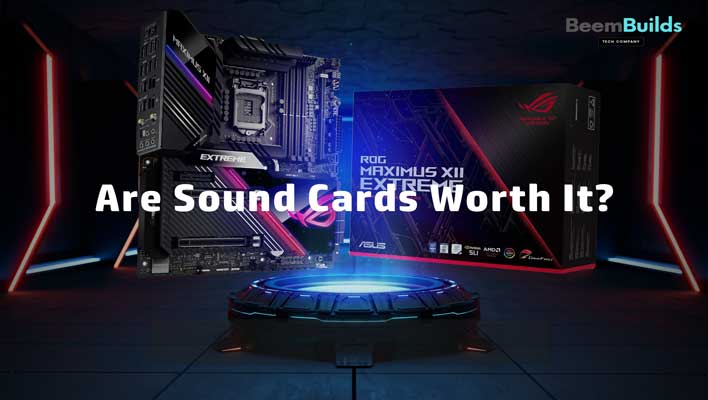Do you need a sound card and is it worth it? In this article, we explain what sound cards are and whether they’re worth it.
Game players, multimedia experts, and regular people alike can benefit from a sound card. The history of the sound card is brief, but it is one of the most common computer components. An audio card is a type of internal expansion card that converts computer data into electrical audio signals and computer data into electrical audio signals. It is also possible to put it this way: A sound card converts digital signals to analog signals.
Sound cards act as audio processors in computers. The input of the card receives digital or analog signals. The algorithms are digitally represented as waveforms and are subsequently interpreted as a sonic signal by the computer sound card. Sound cards control the computer’s audio output. The application installs on your computer and contains a setup of hardware properties with their respective driver files.
The process of building a gaming PC is usually pretty straightforward.
Make sure your graphics card can meet your performance requirements at a given resolution.
If your CPU cannot handle it, make sure it is powerful enough.
Make sure you have 8-16 GB of RAM, an SSD and a large hard drive to store all your files.
You’ll need a motherboard to connect everything and a power supply to keep it powered.
It is common to overlook and seldom give much consideration to one component when building a PC in 2024: the sound card.
There’s a reason for this – fairly all motherboards come with integrated audio chips, which are capable of meeting most users’ audio needs.
There are still many reasons to get a dedicated sound card, and a few good reasons not to.
In this article, you’ll discover whether a dedicated sound card will be worthwhile in 2024.
Table of Contents
Dedicated Sound Card vs Integrated Sound Card
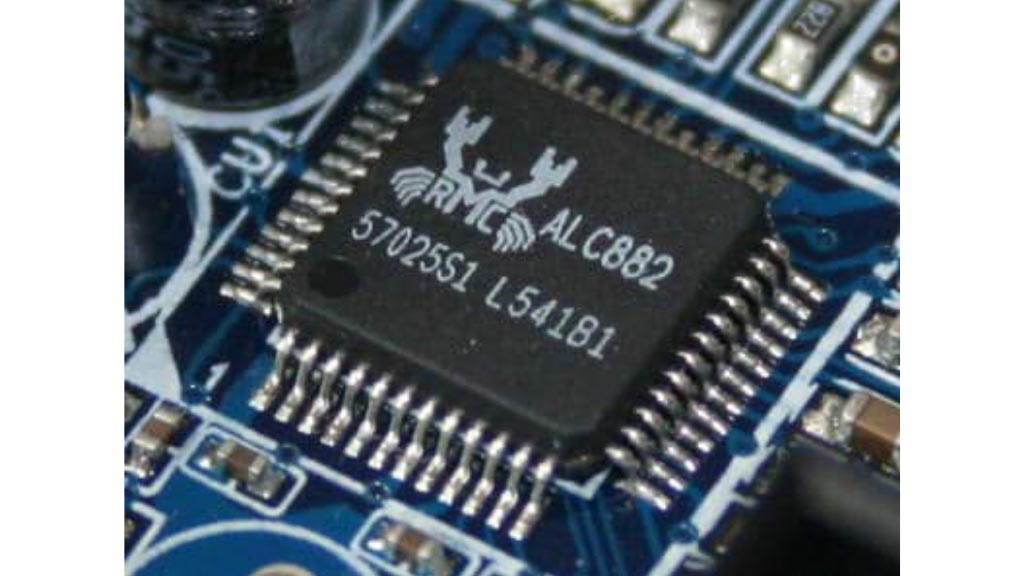
Almost every motherboard is equipped with an integrated sound card these days, even though they aren’t really “cards”. In contrast to external components, the audio connectors are located on the motherboard’s back panel, and some extra connectors may be visible on the front of the case.
An external or internal sound card can be used. In order to connect to the motherboard, internal sound cards use PCIe slots. External sound cards, on the other hand, use USB ports.
Although the quality of internal sound cards tends to be better than external ones, there will be some variance based on the brand, model, and price. However, external solutions generally require less installation and are much more portable, which allow them to be used on a wide range of devices.
Is buying a dedicated sound card worth it? What are the reasons?
Connectors and Surround Sound
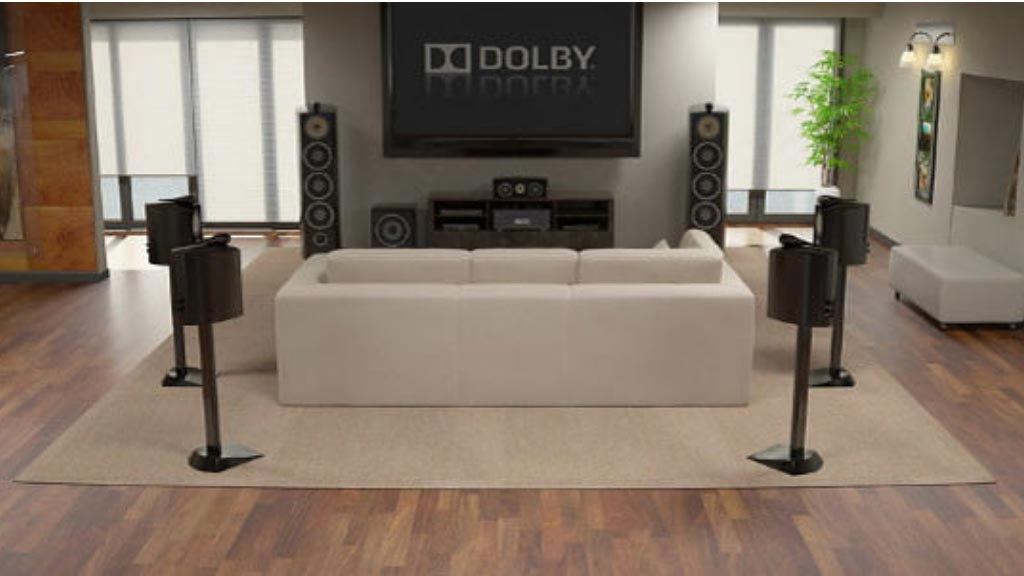 A sound card’s integrated connectors may not be sufficient, or they may not be suitable for your needs. Especially with surround sound setups, this can cause issues.
A sound card’s integrated connectors may not be sufficient, or they may not be suitable for your needs. Especially with surround sound setups, this can cause issues.
Most motherboards have the following six connectors:
- (Mic in) Pink
- (line-in) Blue
- Speakers/headphones in green (stereo)
- (Center channel/subwoofer) Orange
- (Rear speakers) Black
- (Side speakers) Grey
Certain motherboards (especially the cheaper/more compact ones) may not include A few motherboards (especially the cheaper/smaller ones) might not have a USB port.
In the event that you do not have the necessary connectors and your motherboard can’t handle the surround system you want, you will need to purchase a sound card that actually is capable.
Integrated sound card or connector malfunction
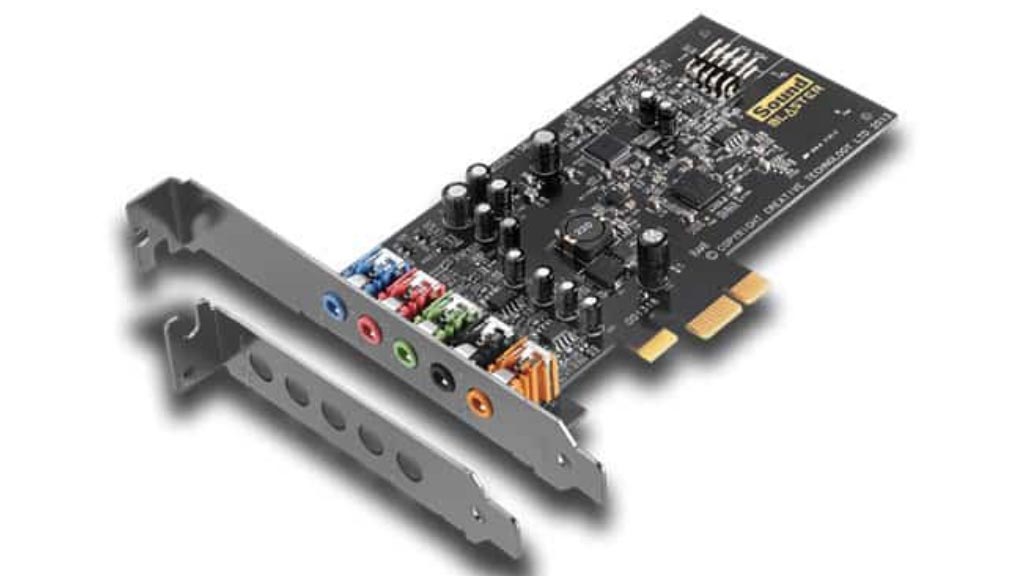
Replacing a broken computer component or peripheral is often the most effective and efficient solution. It is often impossible to repair a vehicle, or it is simply too costly and time-consuming to justify the cost.
Normally, motherboards do not have problems with their integrated sound cards or their audio connectors. In addition, if there is a failure with the motherboard shortly after receiving it, the warranty will make sure that you get a new one.
When something goes wrong along the way, you might want to just buy a sound card instead of getting a new motherboard or having your computer out of commission for the duration while it’s being repaired. Saving money and time is possible this way.
Is a sound card necessary for audio quality?
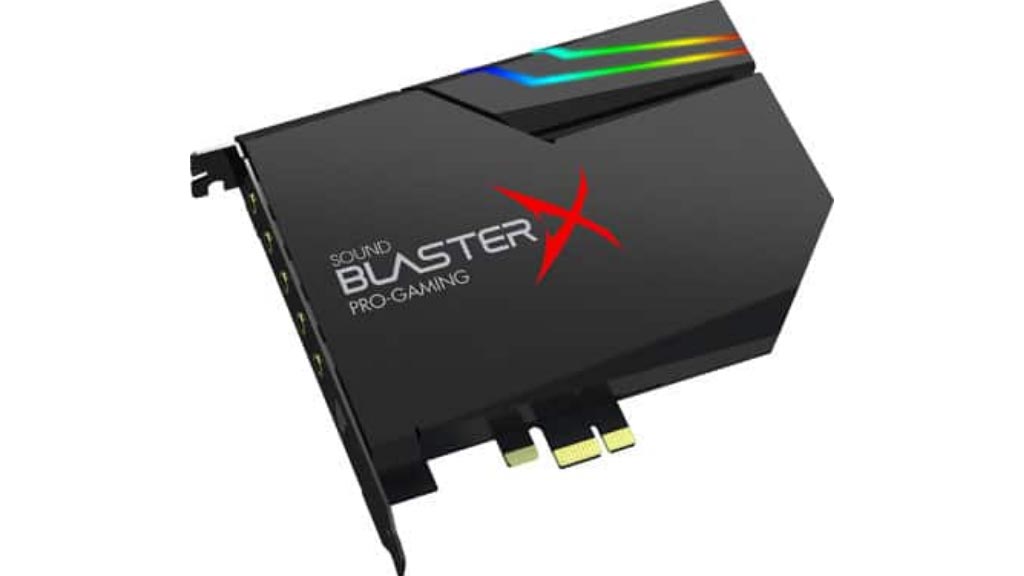 The short answer is, whenever you decide to invest any significant sum into a PC component, you will always ask “Do I need this?””. In regards to graphics cards and monitors, we’ve all been there, but in audio everything is subjective.
The short answer is, whenever you decide to invest any significant sum into a PC component, you will always ask “Do I need this?””. In regards to graphics cards and monitors, we’ve all been there, but in audio everything is subjective.
You can talk endlessly about bitrates, frequencies, etc., but at the end of the day, the best metric of audio quality is the ear.
There are plenty of audiophiles who will only listen to FLAC audio with high-quality headphones, while others don’t realize that FLAC and MP3 are different formats even when they have the right equipment.
The sound card as well as the speakers/headphones are crucial when it comes to the quality of the audio itself. By investing in a good sound card, you can get a more accurate and immersive sound, but you’ll need quality speakers/headphones to make the most of it. This investment would be extremely risky because the benefits are dubious and subjective.
It’s up to you to decide whether you want to invest a significant sum of money in improving your audio experience. However, most gamers would likely prefer to put the money towards an upgrade to their graphic card, CPU, or any other component that could significantly improve their experience.
In addition, if you’re considering getting a sound card due to your motherboard’s inbuilt audio solution being missing necessary connectors or simply not working, it might make your life easier to get a new sound card.
Conclusion
In the end, it is up to you to decide whether high-end audio gear and a pricey sound card are worth their money simply for improved sound quality. Alternatives include getting a dedicated sound card if your integrated sound card is insufficient or faulty.
Frequently Asked Questions
What difference does a sound card make?
A sound card will have a slight effect on your performance since it will reduce the load on your CPU, but if your speakers are decent enough, it will have a substantial impact on your sound quality.
Is a sound card necessary?
It’s not really necessary, but they can give you a competitive advantage since you can track your enemies by hearing their sounds.
What is the value of a sound card for 20 dollars?
Sure! You should invest in them if you want better sound quality, particularly if you are an avid gamer, since they will enhance your audio in games. In addition, some competitive games requires good hearing, including Counter-Strike.
Sound cards serve what purpose?
Audio can be transferred directly through a set of speakers or headphones using a Sound card. As opposed to RAM and CPU, it is not a necessity for a computer to run.
Is sound card quality affected by it?
You will hear a difference in sound quality because the audio information is sent directly to your speakers and headsets. But without good speakers or headphones, you won’t be able to hear any difference.
Can a sound card improve performance?
By taking some of the work off your CPU and graphics card, a sound card can significantly increase performance.
What is the advantage of a DAC over a sound card?
DACs convert digital signals into analog signals that create sound for headphones and speakers, and are thus a better solution than sound cards.
Sound cards are important?
Computers can be expanded with sound cards. The program does not require a computer or memory to run, even if it improves sound quality.
Does sound card performance increase FPS?
As a result of reducing the load on your computer, you will see a 10% increase in FPS, so if your previous FPS was 60, your FPS will now be 62. On the other hand, if you have a decent CPU you won’t notice any differences in your FPS.
